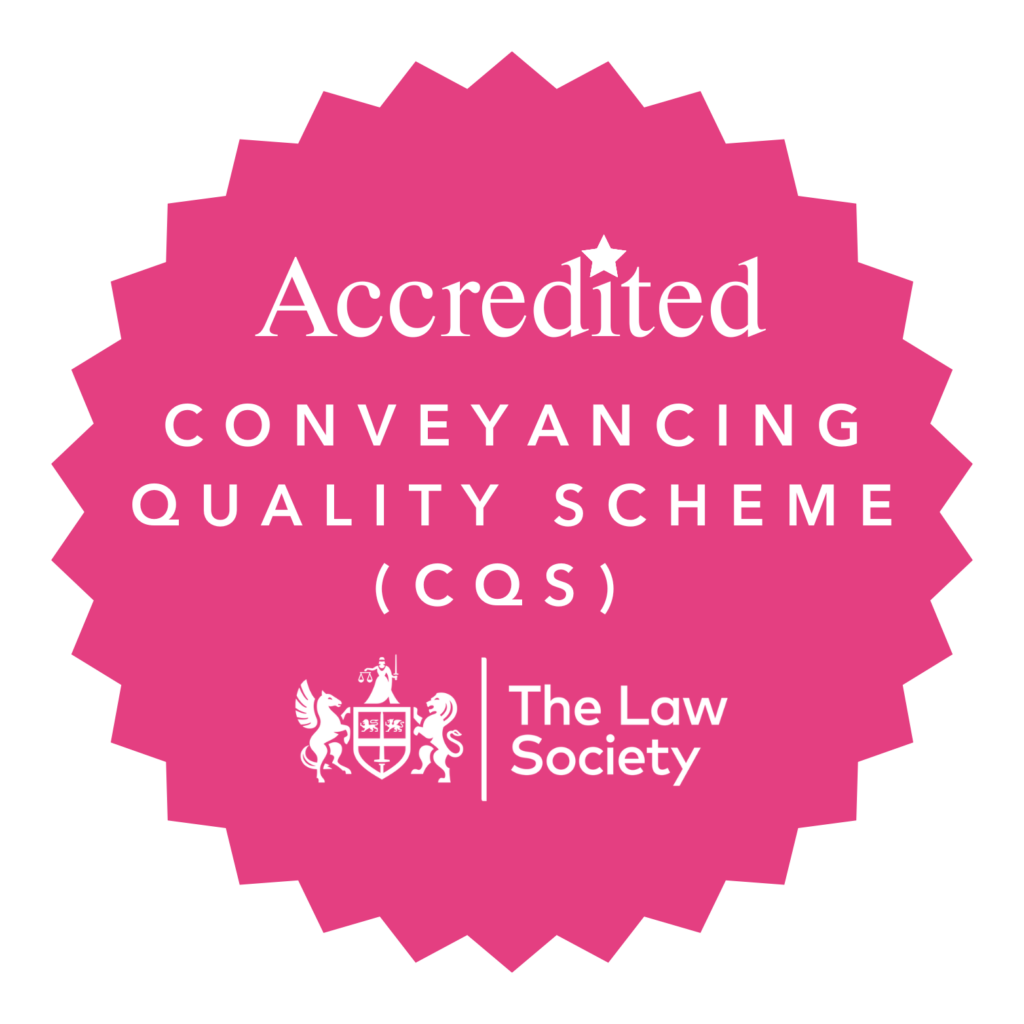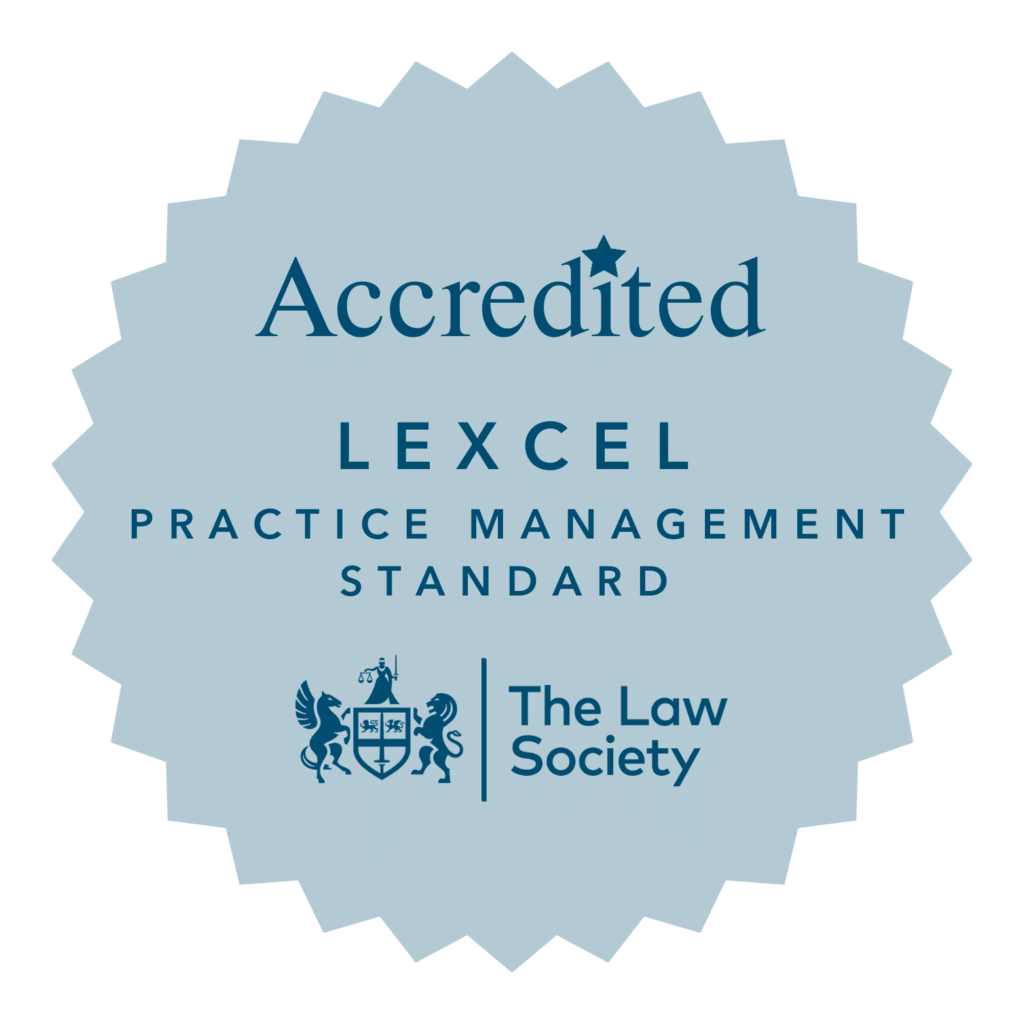What is Residential Property Conveyancing?
Buying a home is one of the most significant financial commitments in a person’s life. It’s an exciting and rewarding experience, offering the opportunity to create a space that’s truly your own. But the process of purchasing a home involves far more than just finding the perfect property and signing the contract. One of the crucial steps in the journey is residential property conveyancing, a term that may sound complex but simply refers to the legal work involved in transferring property ownership.
Understanding property conveyancing is essential for anyone navigating the property market, whether you’re a first-time buyer or an experienced homeowner in London. Let’s break down what residential property conveyancing in London entails, why it’s so important, and the steps involved in this often-complex process.
What is Conveyancing?
In basic terms, conveyancing is the legal process of transferring the ownership of property from one individual to another. The word comes from “convey,” which means to transfer or pass something from one person or place to another. Conveyancing covers the legal and administrative tasks that make sure the transaction is completed smoothly, ensuring the buyer has full legal rights to the property.
Residential property conveyancing typically involves two main stages:
1. Pre-completion stage: From the acceptance of an offer to the exchange of contracts and setting a completion date.
2. Post-completion stage: After the contracts are exchanged and ownership is transferred.
Although it sounds simple, there are many legal and practical steps involved to ensure everything is in order before the ownership can change hands.
Why is Residential Property Conveyancing Important?
Conveyancing is a vital process in ensuring the legal transfer of property ownership. Without it, there’s no guarantee that the transaction will be valid or that the buyer will have full legal rights over the property. Here are some key reasons why conveyancing is so important:
- Ensuring Clear Title: A major part of conveyancing is verifying that the seller has the legal right to sell the property. The solicitor checks the property’s title to ensure there are no hidden legal issues, such as unpaid debts or disputes over ownership.
- Managing Legal Documents: Property transactions involve a lot of paperwork. Solicitors ensure these documents are correctly completed, signed, and filed, from sale agreements to searches with local authorities.
- Handling Financial Arrangements: A solicitor ensures that all financial aspects of the transaction are in order, including verifying payments like deposits and mortgages, and coordinating with banks and other institutions.
- Protecting Both Parties: The conveyancing process protects both the buyer and the seller, ensuring that the deal is fair, legally binding, and executed without errors that could jeopardize the transaction.
What to Expect During the Conveyancing Process
While the steps may vary slightly depending on the property, location, or parties involved, the conveyancing process generally follows the same pattern:
- Choosing a Property Conveyancing Solicitor
The first step is to hire a Property Conveyancing Solicitor. While not a legal requirement, it’s highly recommended to seek professional assistance. A solicitor specializing in property law can guide you through the process, handle legal complexities, and ensure everything is in order. You’ll sign a contract outlining their fees and responsibilities, so be sure to understand these before proceeding.
- Conducting Searches and Inquiries
Once you’ve instructed your solicitor, they will begin conducting several searches and inquiries to uncover any potential legal issues with the property. These include:
- Land Registry Search: Verifies legal ownership and property boundaries.
- Local Authority Search: Checks for planning issues, unpaid local taxes, or proposed developments.
- Environmental Search: Identifies risks such as flooding or contamination.
- Water and Drainage Search: Confirms if the property is connected to local water and drainage systems.
These searches may take weeks, and their results could highlight issues that require further investigation.
- Reviewing the Property’s Title
Your solicitor will also review the property’s title deeds to confirm ownership and ensure no legal disputes or restrictions exist. If there are problems, such as boundary disagreements or issues with rights of way, these must be resolved before the transaction can proceed.
- Drafting and Exchanging Contracts
Once the necessary checks are completed and no major issues are found, the next step is drafting the sale contract. This document outlines the terms of the transaction, including the purchase price and deposit. Both parties will review, sign, and exchange copies. At this point, both the buyer and seller are legally bound to go ahead with the sale.
- Completion
After the contracts are exchanged, a completion date is set. On this day, ownership officially transfers from the seller to the buyer. The buyer will pay the remaining balance, and the seller will hand over the keys. The solicitor will manage the final financial arrangements and ensure the title is transferred to the buyer at the Land Registry.
- Post-Completion
Even after completion, there are a few final steps. These include registering the buyer as the new legal owner with the Land Registry, sending the stamped deed to the buyer, and ensuring taxes like Stamp Duty are paid.
Conveyancing Costs: What to Expect
Conveyancing fees can vary widely depending on the complexity of the transaction and the property’s location. Generally, fees range from a few hundred to a few thousand dollars. In addition to the solicitor’s fees, you may also encounter:
- Search Fees: Costs for conducting property searches.
- Stamp Duty: A tax based on the property’s value.
- Land Registry Fees: Costs for registering the property transfer.
- Disbursements: Miscellaneous costs, such as postage or telephone charges.
It’s a good idea to ask your solicitor for an upfront estimate of all costs, so you can plan accordingly.
Conclusion: The Importance of Getting Conveyancing Right
While it may seem like a lengthy and intricate process, residential property conveyancing is essential for ensuring that your property transaction is legally valid and runs smoothly. By working with an experienced solicitor, you can protect your interests, avoid potential pitfalls, and gain peace of mind knowing that the transfer of ownership is legitimate and properly executed.
Whether you’re purchasing your first home or selling an existing property, understanding the steps of conveyancing helps you make better decisions and navigate the process with confidence. At its core, conveyancing ensures that the property’s transfer is secure, clear, and legally binding, so you can enjoy your new home without any worries.





